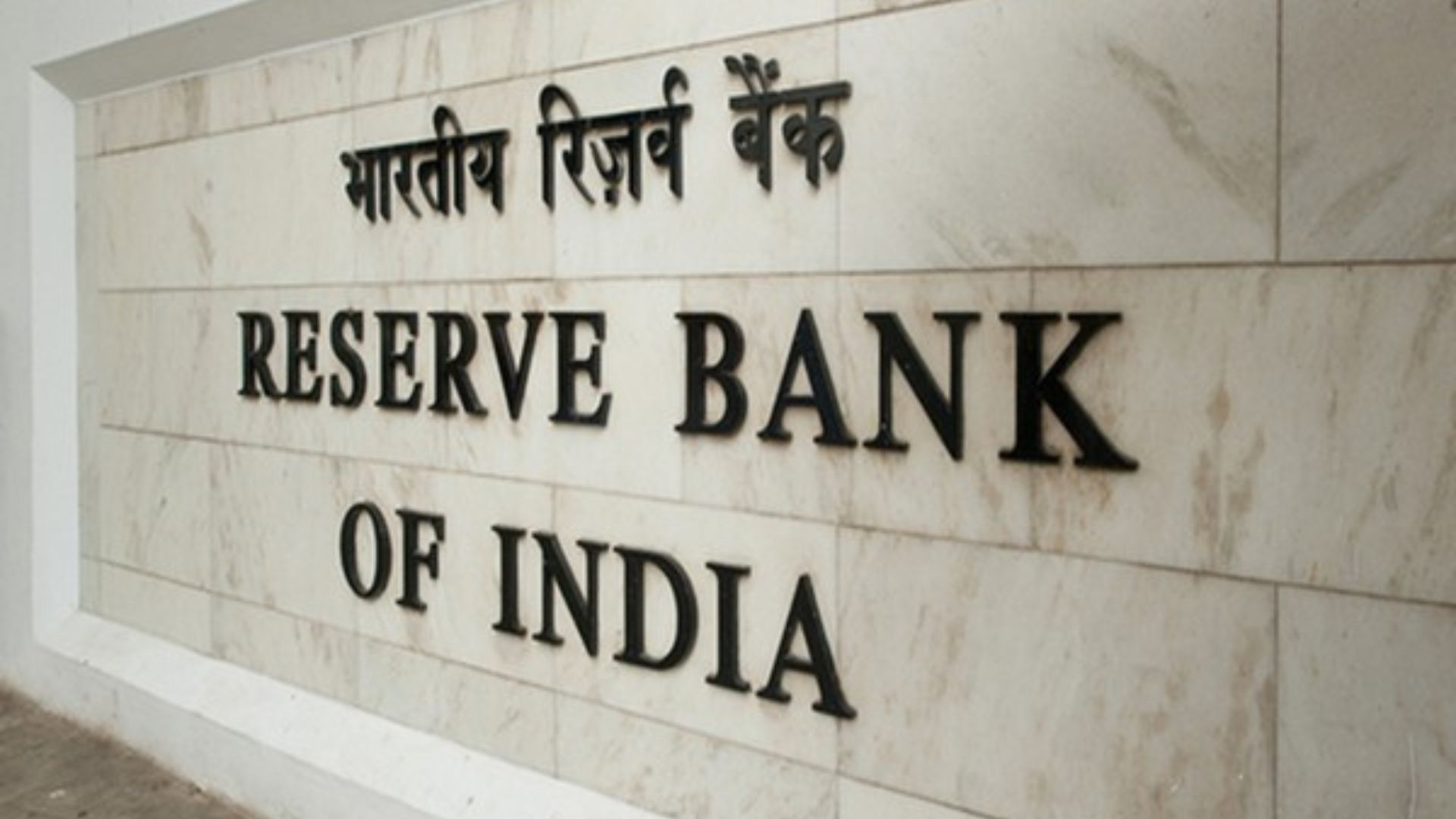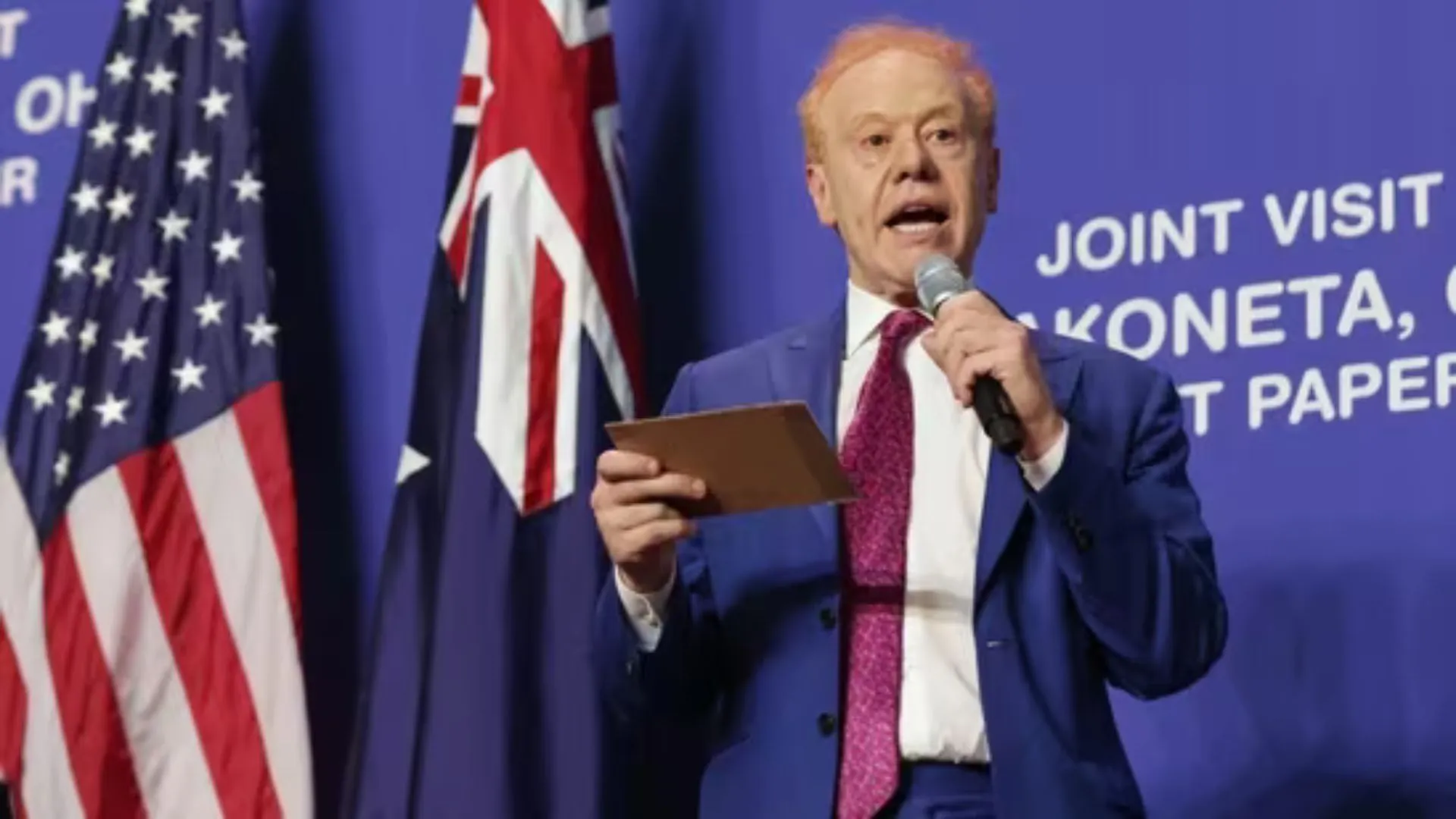Introduction:
Financial centres rise and fall, and this is a constant phenomenon in world history. In the course of last 200 odd years, different countries at different points in time of their economic journey have taken the initiative to develop International Financial Centre (IFC) to provide international financial services. These IFCs contributed immensely to economic growth and job creation. Eighty out of 196 countries in the world have developed centres to cater to the demand of international financial services. The High-Powered Expert Committee on Making Mumbai an International Financial Centre report, 2007 (known as the Percy Mistry Committee report) categorizes IFCs in the following categories:
Global Financial Centres, that genuinely serve clients from all over the world in the provision of the widest possible array of international financial services;
Regional Financial Centres. Which serve their regional rather than their national economies;
Non-global and non-regional, ordinary international IFCs includes centres like Paris, Frankfurt, Tokyo and Sydney that provide a wide range of international financial services but cater mainly to the needs of their national economies rather than their regions or the world; and
Offshore Financial centres, includes centres that are primarily tax havens for wealth management and global tax management rather than providing the fully array of international financial services.
Hong Kong is the world’s largest equity-raising hub, the third-largest dollar trading center and a primary gateway to the second-largest economy. Despite the growing significance of places like Shanghai, Hong Kong had remained a key gateway connecting mainland China with global financial markets. This was mostly attributed to the relaxed capital control measures in Hong Kong. Today, Hong Kong is trapped in an escalating conflict that threatens its position as Asia’s premier international business center. In this light, the debate around who will replace Hong Kong and Shanghai in Asia is burning.
In 2015, the first International Financial Services Centre (IFSC) in India started functioning from the Gujarat International Finance TecCity (GIFT-City) at Gandhinagar, Gujarat with the ambition of becoming a successful global financial centre. The legal and regulatory regime around this endeavour is discussed in brief below. Recently, the International Financial Services Authority was notified by the Ministry of Finance.
1. Laws governing IFSCs in India
1.1 Power of Government to establish an IFSC
The concept of IFSC finds its inception in Section 18 of the Special Economic Zones Act, 2005 (SEZ Act). The Central Government is empowered to establish only one IFSC in a Special Economic Zone.
1.2 Exemption from paying dividend transaction tax
Under the SEZ Act, all units setup at an IFSC shall be eligible for exemption from the dividend transaction tax leviable, if the transaction was entered into by a nonresident through the IFSC.
1.3 Tax holiday
Where the assessee is a Scheduled Banks under Section 2(e) of the Reserve Bank of India Act, 1934 or if the assessee owns an offshore banking unit in an SEZ are be eligible for a deduction under section 80LA of the Income Tax Act, 1961. The income must be received from an offshore banking unit in an SEZ or from a business involved with any activities under section 6(1) of the Banking Regulations Act, 1949 with an undertaking at an SEZ. The tax holiday for the units in GIFT-City IFSC was extended till 2030 in the 2019 budget.
1.4 Foreign Exchange Management (International Financial Services Centre) Regulations, 2015
Any financial institution or branch of a financial institution set up in the IFSC and permitted/recognised as such by the Government of India or a Regulatory Authority will be treated as a person resident outside India.
1.5 Exemption from Capital Gains Tax
The Finance Act, 2019 also extended the exemption from capital gains tax on transfer of GDRs, rupee denominated bonds and derivatives on a stock exchange in an IFSC. The income from the such transfers arising to non-resident investors of Category III AIFs located in an IFSC, deriving income solely in convertible foreign exchange and having all units held by non-residents except for the units held by the sponsor or manager.
1.6 Single regulator to overlook IFSCs in India
With the notification of this International Financial Services Centres Authority Act, 2019, the power to regulate IFSCs which was vested in different regulators, including RBI, SEBI, IRDAI and PFRDA was culminated into a single regulator, the International Financial Services Centres Authority.
1.7, Setting up of IFSC Banking Units (IBUs)
IBUs can undertake transactions with resident (for deployment of funds) and non-resident (for both raising of resources and deployment of funds) entities other than individuals. However, Transactions shall be in currency other than INR. It can also deal with the Wholly Owned Subsidiaries /Joint Ventures of Indian companies registered abroad. However, IBUs are not allowed to open savings accounts.
IBUs can undertake factoring/forfaiting of export receivables. It may also undertake derivative transactions including structured products that the banks operating in India. They are also allowed to open foreign currency escrow account of Indian resident entities to temporally hold subscriptions to the GDR/ADR issues until issuance of the Receipts.
2. Key features of IFSCs in other jurisdictions
Dubai, Shanghai, Hong Kong, New York, London, Tokyo and Singapore are some of the leading Global Financial Centers of the world.
2.1 Dubai
The Dubai International Financial Centre (DIFC) was a part of Dubai’s long-term vision to strategically diversify its economic resources and to intensify the capital inclusion in the region. It is a Financial Free Zone under the Federal Law with an independent jurisdiction within the UAE. Founded in 2004, DIFC has the authority to formulate its own laws for all civil and commercial matters. Its unique legal and regulatory framework is based on the principles of international law and common law. It is tailored to the region’s unique needs by formulating an optimal environment for financial services, related industries and services to grow. The DIFC has established three independent bodies to enable and support the growth and development of businesses at the Centre. These include, the DIFC Authority, the Dubai Financial Services Authority (DFSA), the DIFC Courts and the Dispute Resolution Authority (DRA). Dubai’s can be seen as a well-planned emerging model in future. The units under the DIFC also receive exemptions from various Dubai laws and regulations, under certain conditions. In addition to this, the Law of the DIFC on “The Financial Free Zones in the United Arab Emirates” allowed for the creation of a Financial Free Zone as well as in any of the 7 emirates of the UAE through a Federal Decree. It provides exemption of all the Financial Free Zones and the financial activities from all federal civil and commercial laws. However, the federal criminal laws are applicable in the Financial Free Zones, including the federal laws on Anti-Money Laundering. Dubai enjoys diversity which comes from its rich global workforce and varied vibrant financial ecosystem. DIFC acts as a bridging entity between the Middle East, Africa and South Asia (MEASA) and Europe, Asia and Americas. During 2019, DIFC introduced series of measures to enhance the regulatory and legal structures that included introduction of new laws related to intellectual property, providing entrepreneurs with full legal protection they need to innovate, new regulations for insolvency, employment, financial collateral, security and a new framework for prescribed companies.
2.2 Shanghai
This Shanghai IFC is aiming at being the first tier international financial centre. To improve the efficiency of shipping business and promoting foreign investment, the Chinese Central Government announced the approval of China (Shanghai) Pilot Free-Trade Zone (CSPFTZ) in September 2013, which aimed to establish Shanghai as an Global Finance Centre by 2020. CSPFTZ released regulations to foreign investment, finance and tax. Foreign banks are allowed to directly establish their branches, wholly-owned subsidiary or majority-controlled subsidiary with mainland Chinese business partners in the region within a shorter period timeline. Customs supervision framework was upgraded. Reduced tax rates and incentives were provided besides supporting innovative business models in the CSPFTZ. The responsibility for the implementation of the Framework Plan for the CSPFTZ, 2013 was upon the Shanghai Municipal People’s Government at the district level. A “Green Channel” set up to provide market access in foreign trade zones (FTZ) to enhance the administration efficiency by setting time limits for certain items. The “Green Channel” is aimed at streamlining the market access for financial institutions by optimizing the supervision mechanism, to promote opening and competition among banks and financial institution within the CSPFTZ.
2.3 Hong Kong
Adaptability and the policy of “Positive non-intervention” are the essence of Hong Kong’s unique history. Hong Kong has many locational and physical attributes in its favour. The city is centrally situated in the Asia Pacific region with excellent transport and telecommunication facilities. Its time zone position and flexible working hours enable it to engage in arbitrage operations between the Atlantic and Pacific seaboard centres. Its proximity to mainland China attracts multinational firms, both financial and non-financial, that intend to enter vast China market. Financially, Hong Kong is blessed with a free exchange rate, a prudent fiscal system with low tax rates, simple tax structure, a relatively stable currency and the advantage of free convertibility. In 2016, the Hong Kong Monetary Authority (HKMA) set up the Fintech Facilitation Centre (FFO) to facilitate the healthy development of fintech ecosystem and promote Hong Kong as a fintech hub in Asia. Infrastructure Financing Facilitation Centre (IFFO) was established same year to improve Hong Kong’s international profile as a financing hub for infrastructure investments.
2.4 New York When we talk about the leading IFC in the world, New York has surged ahead of London as the world’s top financial centre of the world. New York City remains the largest Global Financial centre for trading in public equity and debt capital markets, driven in part by the size and financial development of its economy. The NYSE and NASDAQ are the two largest stock exchanges in the world. New York and Chicago are financial centres that reflect the overwhelming dominance of United States over the global economy. In addition to this, Chicago has a strong position in exchangetraded derivatives as well. The rules-based regulation in the United States faces severe competition from the principles-based regulation of the UK.
2.5 London
London has been a leading international financial centre since the 19th century, acting as the centre of lending and investment around the world. London is the largest centre for derivatives markets, foreign exchange markets, money markets, issuance of international debt securities, international insurance, trading in gold, silver and base metals through the London bullion market and London Metal Exchange, and international bank lending. The Bank of England enjoys statutory independence in monetary policies and has created a single unified Financial System Regulator (FSA). This, over the last decade has become the ideal model for central banks and financial regulators worldwide. Though London lacks as large a national economy like New York, Shanghai etc., still it has managed to serve as a premier IFC in the world.
Tokyo
Tokyo aspires to become a leading global financial centre capitalizing on the inherent advantages of the country, i.e. being a large economy (third largest in the world); status of Japanese Yen as the third international currency after US Dollar and the Euro; large financial and capital markets with abundant capital. During 1996-2001, comprehensive financial and market reforms known as ‘Japanese Financial Big Bang’ were implemented in this direction. Other notable reforms included the Stewardship Code in 2014 and a new Corporate Governance Code in 2015. While Tokyo benefits from economic and political stability, well-managed risk, good infrastructure and overall government effectiveness, there are areas that need improvement. The government needs to continue with policies and reforms to open up in a number of areas. Human capital development also needs improvement since a world class financial centre has to be sustained by a ready supply of right talent possessing the highest standards of professionalism.
2.6 Singapore
In the short 50 years since its independence, Singapore has established itself as a leading financial centre. The state-led and development-driven approach to the financial sector development continues to drive Singapore’s development as a global financial hub. While Singapore lacks the advantage of Tokyo’s large economic base and Hong Kong’s proximity to China, it positions itself as a financial centre by providing a world class regulatory environment that responds to the needs of the global markets and institutions, along with most efficient infrastructure for businesses to use as a platform for all of Asia. The Monetary Authority of Singapore (MAS), constituted in 1971, has identified four major value propositions that continue to underpin Singapore’s success as a financial centre, namely conducive pro-business environment, cost competitiveness, business infrastructure and skilled workforce. The approach of ‘policy co-creation’ adopted by Singapore further contributed to greater regulatory compliance with policymakers incorporating feedback received from industry and non-state actors and re-designing the regulation to minimize costs arising from overly onerous regulation on one hand and ensuring overall systemic stability at the other.
Conclusion
A historical glance at the riseand-fall cycles among major international financial centres highlight four correlative factors that require attention by India, namely trust in financial centre’s abiliites; central banking and monetary policy system of the domestic nation; domestic nation’s landscape of financial policy and regulation; and overall stability of the financial centre itself. International and regional financial centres have to constantly remain innovative and competitive. The normal factors of competitive advantage like location relative to time zones, language, rule of law and culture are important but don’t reflect the complete picture. To create a differentiated momentum, regulatory and supervisor coherence, tax policy, deep pool of talent, alternative dispute resolution mechanism besides political recognition and support are necessary. With globalization revolutionizing the financial industry and expanding the network of financial markets and activities, the trend seems to be towards concentration with fewer mega financial centres complemented by smaller financial centres with more specialized focus. Indian IFSC have to define its vision clearly in the ever-evolving landscape of global financial services. The future of international finance centres will also be impacted by emerging disruptive technologies offering greater advantages. The international financial centers should try to fuse with such emerging disruptive technologies to create a new model of financial services combining the benefits of efficiency improvements of technology and the agglomeration benefits of financial centres. With global trade and investment growing in new directions, international financial centres have to adapt to reflect new needs and opportunities.
Though the disruptions and instabilities that characterize the financial markets may render any predictions about the future of Indian IFSC problematic or less than reliable, several possible trajectories and directions of India’s development as a global financial hub, based on emerging economic, technological and geopolitical trends, can be identified. The establishment of a unified regulator for IFSCs in India is a welcome policy initiative towards providing worldclass regulatory environment to market participants from the perspective of ease of doing business. Indian IFSC should aspire to be a major financial centre in Asia and a node in the the global network of financial markets. It will help in re-importing our securities market besides creating employment opportunities. It may also try and stop brain drain from India by offering qualified Indian Professionals to pursue global opportunities. To conclude, by implementing the right policies and strategies, the Indian IFSC will go a long way in building a stronger, stable and more prosperous economy.













